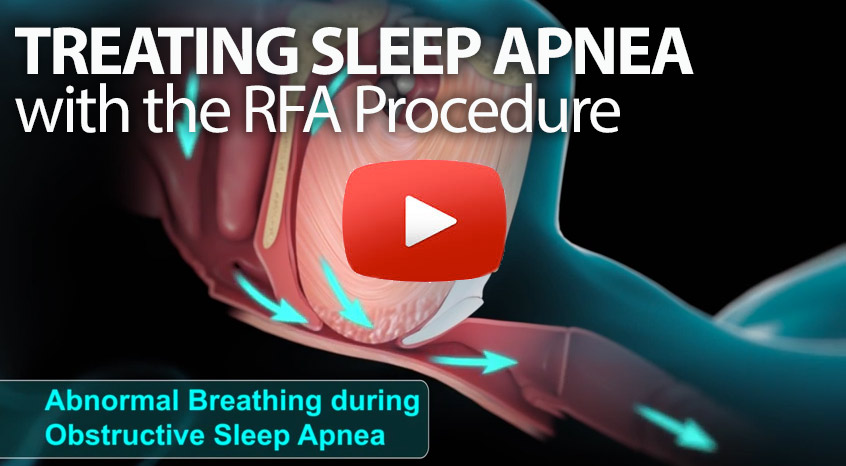When assessing sleep apnea, your doctor will likely take into consideration several of the following symptoms, signs, and risk factors when evaluating your situation.

Your doctor knows that sleep apnea can affect more than just breathing, it can also impact alertness, memory, driving, and heart health.
Symptoms he or she will consider can include:
- Chronic and loud snoring
- Gasping or choking episodes during sleep
- Excessive daytime sleepiness (especially drowsy driving)
- Automobile or work-related accidents due to fatigue
- Personality changes or cognitive difficulties related to fatigue
Warning signs they will consider can include:
- Obesity, especially nuchal obesity (neck size >17 inches in males, >16 inches in females)
- Systemic hypertension
- Nasopharyngeal narrowing
- Pulmonary hypertension
And in terms of the potential risks that sleep apnea can pose to an untreated patient, your doctor will begin to carefully consider the following:
- From a behavioral standpoint, an awareness that sleep apnea patients usually experience (but may or may not report) tiredness, fatigue, sleepiness, memory and judgment problems, irritability, difficulty concentrating, and personality changes.
- Patients with sleep apnea are more likely to fall asleep at inappropriate times and have a higher rate of automobile crashes and work-related accidents.
- The cardiovascular system is also adversely affected by sleep apnea, with systemic hypertension reported in up to 50 percent of patients with sleep apnea and mean morning blood pressure that increases almost linearly with increasing apneic activity in both obese and nonobese individuals.
- Additional heart considerations will include the potential for cardiac arrhythmias, ventricular tachycardia, myocardial ischemia, and even myocardial infarction in patients with coronary artery disease.
If you or someone you know is in need of a better night’s sleep, contact us for a no obligation consultation. We are the sleep specialists at Chevy Chase ENT located in the Virginia, Maryland, and Washington D.C. metro area dealing with sleep apnea and sleep-related problems. We can help diagnose your condition, recommend whether a sleep study would be beneficial, and offer you a variety of treatment options including CPAP, Radio Frequency Ablation (RFA) and more.
